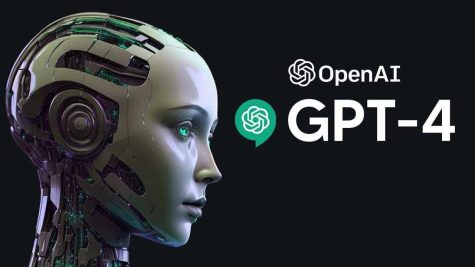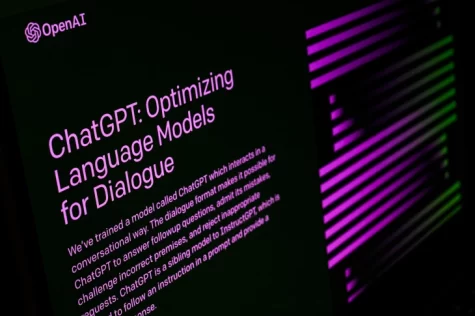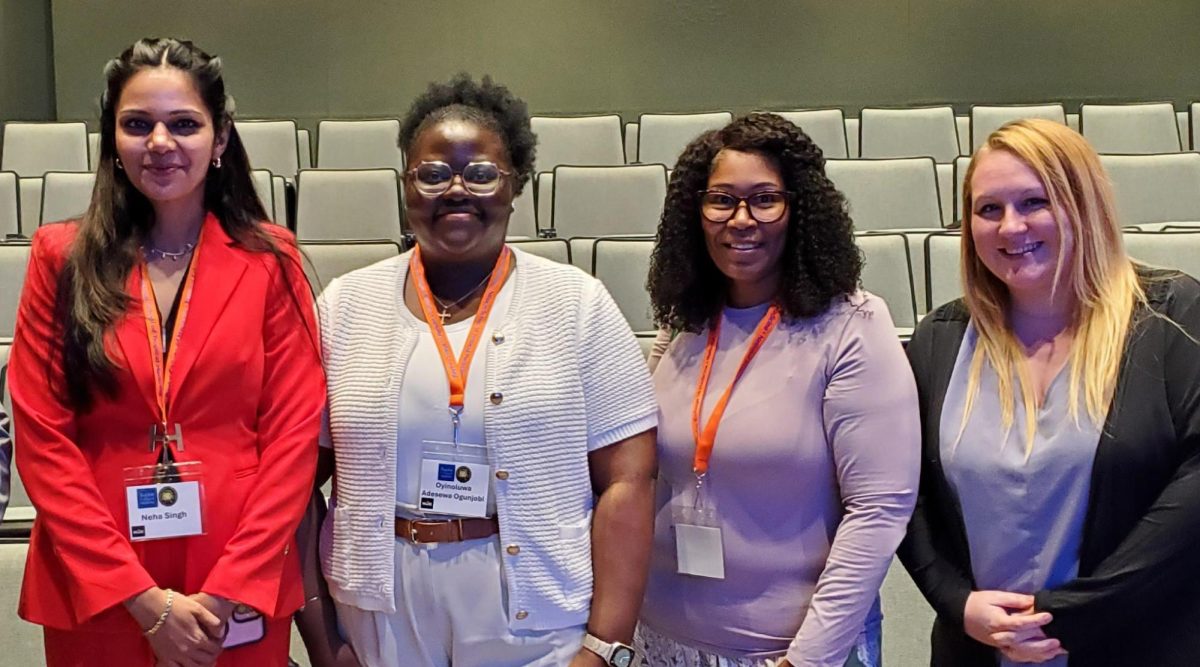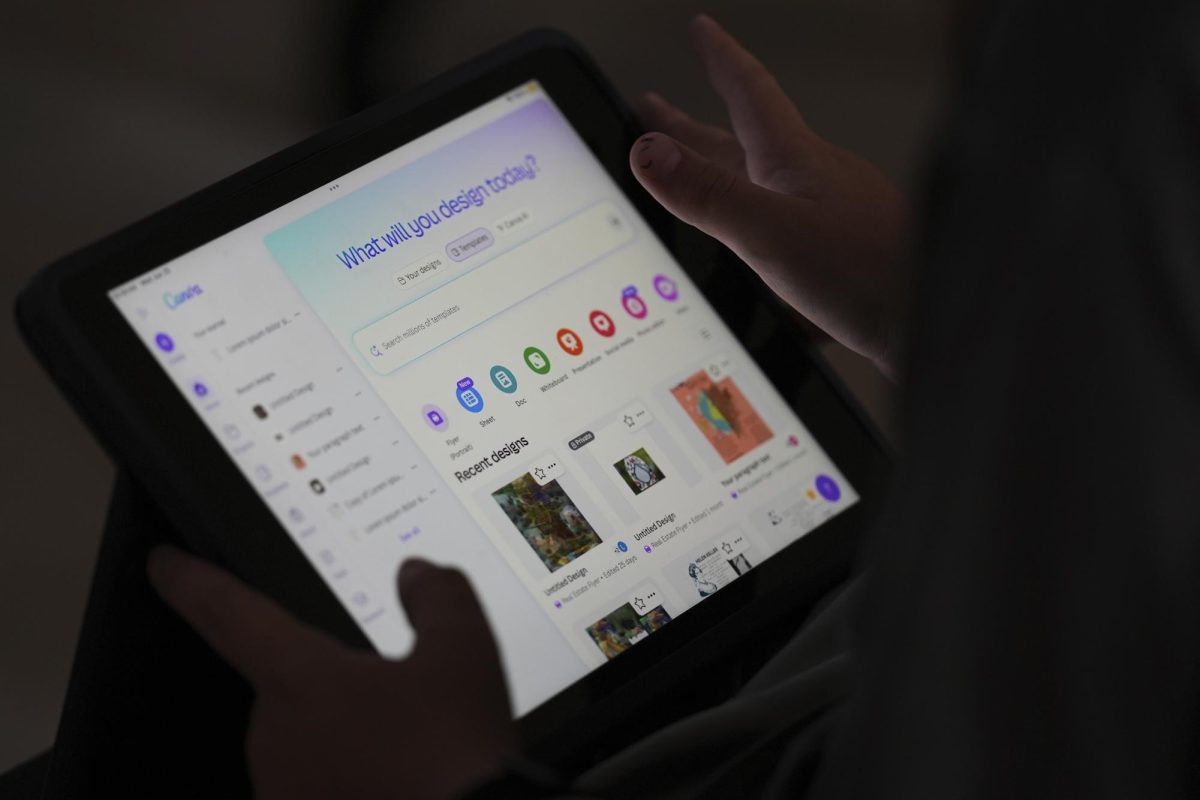ChatGPT: The Future of Artificial Intelligence
May 4, 2023

In recent months, there has been growing hype around a human-like chatbot in the digital space. ChatGPT was launched in late November 2021 by OpenAI company. The human-like chatbot is a language model powered by artificial intelligence technology and allows users worldwide to have human-like conversations about various topics. ChatGPT can answer any question and assist users with various projects and tasks. The model can even assist with composing emails, writing essays, and coding and calculations. The interesting feature of the model is its capability to generate natural-sounding texts and carry on conversations. Users can converse with the chatbot about any topic, creating a feeling of a personal assistant.
Today, ChatGPT is used by individuals across the world for various purposes. Consumers use technology to find the best product or brand and even receive legal advice. Content creators also use the model to develop captivating written content for their online blogs and websites. The technology’s capabilities with coding have also made website creators and app developers spend little time coding. Individuals have also reported that the chatbot has impressive capabilities in solving complex mathematical problems. Technology development has been welcomed by many and has transformed various industries. The technology has affected the content creation sector and the app development areas the most.

Despite its positive capabilities, adopting the language model has serious challenges. The notable challenge with adopting the technology is privacy concerns and usage. ChatGPT was trained using vast amounts of internet data and texts. The technology draws from the massive dataset of human conversations and records on the internet. The technology’s feature could compromise the confidentiality of information. ChatGPT’s characteristic has also raised concerns about copyright issues. The model can access information that is confidential and protected by the owners. Individuals can also use technology to access illegal or dangerous information. Although OpenAI has set measures to protect the public from dangerous information and data, there have been reports of the technology providing the information after being asked differently.
Another notable problem with the model is its accuracy with the information. There have been concerns about the model’s accuracy in its information. As more people adopt the technology, people could use the wrong information the model provides in different areas. There was a case of a law professor being mentioned and accused of having harassed a student on a class trip. The information was obtained from ChatGPT by a lawyer in California. However, the class trip never happened, and the professor has never been accused of harassment. The information was based on a fake article from The Washington Post. Such inaccurate information from a technology gaining popularity across the corporate world and consumers could be dangerous. Individuals could rely on the chatbot for medical advice and obtain the wrong medication.
Although the chatbot is extremely useful for day-to-day activities, the users need to be aware of the flaws in the system. Individuals can use Chatbot for help with common or familiar topics only. To avoid inconveniences and harm from the technology’s information, users should avoid using the technology for new topics. If necessary, the users should always seek a second opinion from professionals before using the information provided by the chatbot.


























